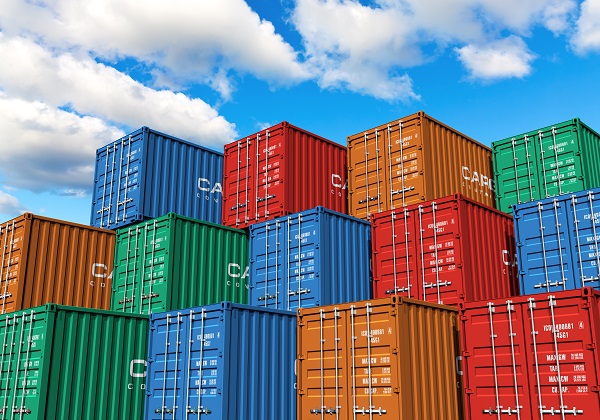19 June 2020
The government has confirmed that the transition period following the UK’s exit from the EU will not be extended and controls for importing goods will apply from 1 January 2021. There will be a phased implementation – immediate controls from 1 January 2021 for alcohol and tobacco and all products subject to import controls from 1 July 2021. It seems extremely unlikely the UK will remain in the EC Customs Union and, as such, the UK will have import controls and tariffs in place for EU trade as well as non-EU imports.
For exports from the UK, the EU will not have any phased introduction and all exports will be subject to full import controls with effect from 1 January 2021. This is likely to cause delays in the movement of goods from the UK to the EU until the import processes are able to meet demand. The cost of goods will increase due to tariffs and processing costs being applied.
Trade negotiations are of course ongoing with the EU and will determine our future trading relationship. The UK is also seeking to agree similar terms with the European Free Trade Association (EFTA), with an unequivocal negotiation position, in so far as we state we will not accept regulatory alignment, jurisdiction of the CJEU or any other controls; including of the UK’s borders and immigration policy. The other UK objective is to seek a free trade agreement which includes facilitative customs arrangements between the UK and EU. However, if no agreement is reached, the World Trade Organisation rules will apply.
Should the UK sit outside the EC Customs Union, we will need infrastructure that can process the importation of goods from outside our borders, and not just those from outside the EU. This will require significant growth in the UK’s customs intermediary sector; the agents processing imports on behalf of businesses and registered with HMRC. One estimates the increase for them as 2,000 per month currently and rising to 60,000 per month from July 2021. If this is not managed, there will be delays importing goods and this will damage the economy and potentially cause stock shortages.
In order to facilitate the processing, HMRC have introduced a package of measure including a £50m grant fund for the recruitment and training of customs agents and improved IT to remove barriers for intermediaries taking on extra clients. This new funding will be open to applications from July 2020.
As a more strategic solution, the UK is considering introducing Freeports, with the consultation process extended to 13 July 2020. Freeports are typically VAT and Tariff free zones where goods can be traded prior to entry into free circulation; on removal of the goods into free circulation the VAT and Tariff charges crystallise. The intention is for the UK model to offer tariff flexibility, customs facilitations and tax incentives. The government are also considering planning reforms, additional targeted funding for infrastructure improvements and measures to incentivise innovation.
The majority of clients have taken steps to ensure their supply chains are robust but recognise there may be delays in bringing goods into the UK from the EU. The UK measures will help but need to be effective to limit any damage to the UK economy. The measures are unlikely to help businesses exporting goods to the EU.
Other measures have been introduced by the government as a precursor to the end of the transitional period for leaving the EU. These include an extension to the time limit for grant funding applications from businesses for Customs support, with a pot of £26m available and £18.5m already having been claimed. Grants have been made available to help businesses meet increased demands from Brexit through training grants, IT improvements and recruitment. Other measures include £9m made available to local councils which are close to airports and sea ports; £25m has also been awarded to three companies to ensure importation of essential medicines if there is a no deal Brexit. £344m has been made available for additional recruitment for the UK Border Force and for infrastructure improvements.
Significant change to the UK’s international trade is looming. It is likely to impact everybody. Businesses and those engaged in any cross border trade should be reviewing their operations and making sure they are fit for purpose.


